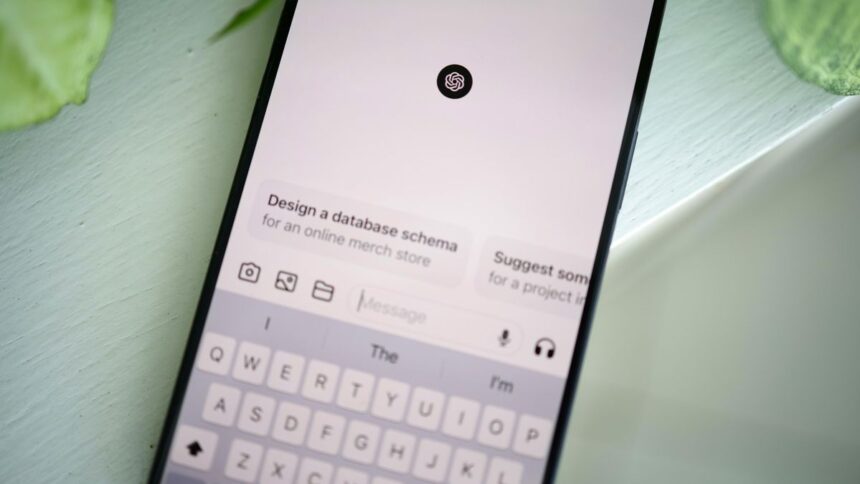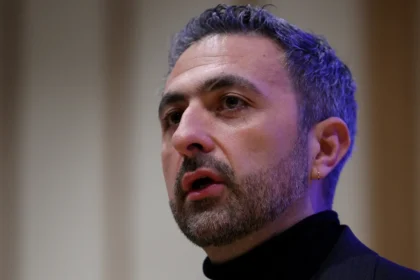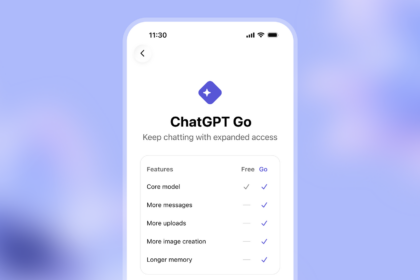Despite maintaining a massive global user base, new data shows that ChatGPT’s meteoric growth is beginning to cool — both in app downloads and in overall revenue. At the same time, OpenAI is grappling with steep operating costs and controversial strategic moves that are raising questions about the sustainability of its generative AI empire.
According to figures from analytics firm Apptopia, downloads of the ChatGPT mobile app are slowing down. While the app still logs millions of new installations daily, its growth rate has dipped since April and could end October 8.1% lower than in the previous month.
User engagement is also declining: average time spent by U.S. users has dropped 22.5% since July, while daily sessions per user are down 20.7%. Analysts suggest the app may have passed its “discovery phase” and is now entering a period of usage stabilisation — or even stagnation.
Revenues Plateau, Costs Soar
OpenAI’s financial outlook adds another layer of concern. Reports from the Financial Times and Deutsche Bank Research estimate that only about 5% of ChatGPT’s 800 million weekly users pay for a subscription. Despite surpassing Disney+ in European subscription spending earlier this year, the company’s revenue growth has flattened since May.
Meanwhile, expenses are spiralling. CEO Sam Altman has reportedly outlined an AI infrastructure investment exceeding $1 trillion, as OpenAI pursues ever more powerful models. The company recorded $8 billion in losses in the first half of the year — even as revenue doubled — prompting internal concern over the absence of a clear profitability roadmap.
Risky and Controversial Moves
To counter slowing growth and mounting costs, OpenAI is exploring new revenue streams. These include potential advertising integrations, monetisation of the Sora video generator, and even the development of a hardware device designed in partnership with former Apple designer Jony Ive.
However, some recent choices have sparked backlash. Altman confirmed that ChatGPT will begin allowing “mature apps”, reversing earlier promises that the platform would not host “sexbots.” The decision, framed as an effort to broaden the audience and boost engagement, has ignited debate about the ethical limits of generative AI.
As OpenAI continues to balance explosive innovation with financial and moral scrutiny, the coming months may prove pivotal in determining whether ChatGPT remains a cultural phenomenon — or becomes a victim of its own scale.










